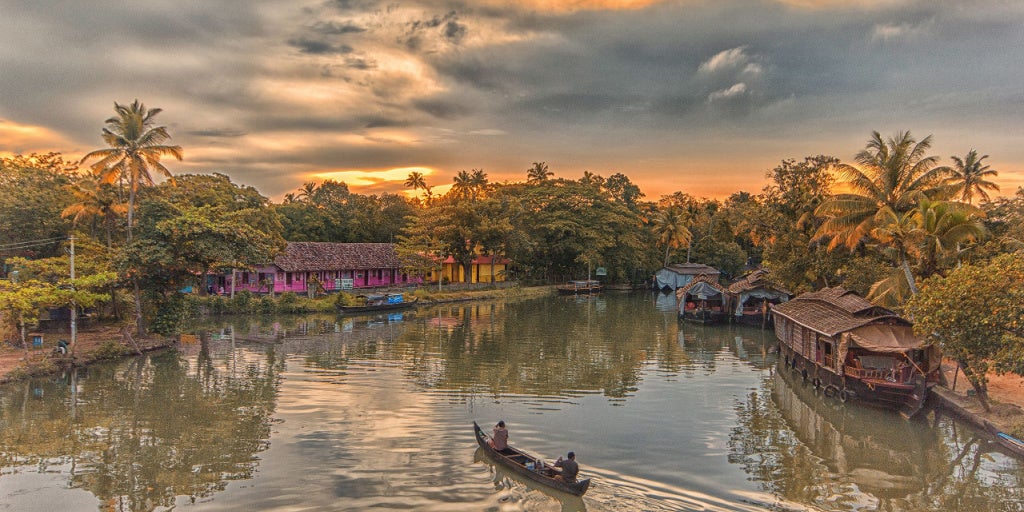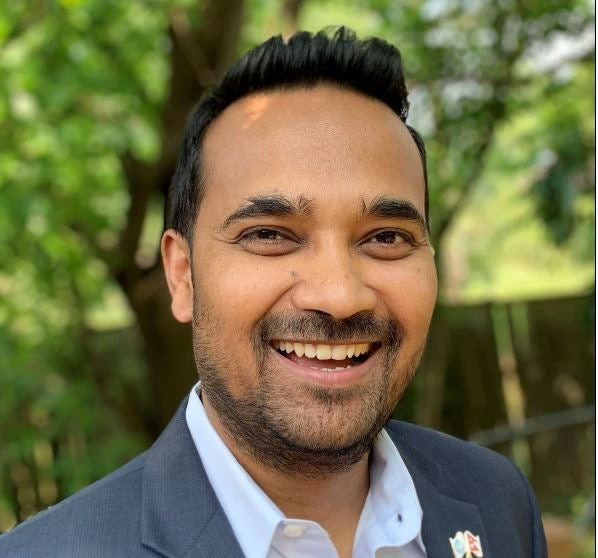
The backwaters of Kerala weave through picturesque landscapes, but the monsoons bring both blessings and challenges. A remarkable transformation is underway to turn this coastal state of India into a resilient powerhouse against the forces of nature. The key? Data.
"When we started developing data-driven solutions, we found numerous challenges - inaccessible and duplicated data as departments work in silos; lack of data standardization and publicly available data; and difficulty in identifying sustainable data initiatives," explains Anu Kumari, Deputy Secretary for IT and Director of Kerala State IT Mission.
Kerala is committed to an innovative, data-driven future, but its initiatives often operate in isolation without common standards or policies. This results in sub-optimal experiences and impact - like having a toolbox full of gadgets without instructions on how to use them effectively. The lack of standardization has hindered the potential of Kerala's data, creating a disconnect between intention and real-world impact.
After the devastating 2018 floods, Kerala embarked on several data solutions targeting gaps in resilience, especially through its partnership with the World Bank. But the state needs a shared digital ecosystem for more timely and effective decision-making around climate and disaster risk. This would enhance reliable information access, innovation across sectors, and build institutional memory to ensure the longevity of tech initiatives. Open data concepts can reduce vulnerability to climate change, increase access to risk information, communicate risk more effectively, and provide policymakers with new data-driven assessments - increasing Kerala's capacity to manage crises. Accurate, timely data is critical for effective government decision-making during disasters. Greater data availability and processing can significantly improve policy and service delivery.
At Kerala's invitation, the World Bank conducted a Data Diagnostic - an action plan based on a rapid diagnostic of Kerala's data governance, emphasizing resilience initiatives. The diagnostic was prepared through partnerships, research, and consultations with 18+ government departments. It benchmarked Kerala's data readiness across eight pillars: leadership, policy, institutional capabilities, data management, funding, demand, civic engagement, and technology/skills.
The World Bank will support Kerala in implementing the recommendations through technical advice on data policies, pilot use cases, capacity building workshops, and connecting Kerala with World Bank resources on data analysis, development economics, and disaster risk reduction.
The diagnostic revealed Kerala's vibrant, innovative data ecosystem. It provides global/national benchmarking, identifies gaps, and recommends strategic and tactical steps to strengthen data governance and demonstrate the value of data-driven resilience:
- Create a comprehensive data strategy as the cornerstone guiding Kerala's path to resilience.
- Appoint chief data officers to champion data-driven decision making and provide necessary resources.
- Finalize data sharing and governance policies as the foundation for every data initiative.
- Invest in nurturing data talent through recruitment, retention, education, and an enabling environment.
- Adopt an outward perspective to align data initiatives with societal needs by bringing in non-government entities, private sector, academia and communities.
With stunning natural beauty and a resilient spirit, Kerala is harnessing data's power to combat climate change on its journey to an innovative, data-driven future. Together, with strategies, policies, talent, and a keen understanding of societal demands, Kerala is writing a new legacy of resilience - and leading the way.







Join the Conversation